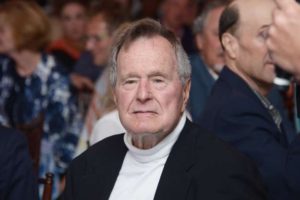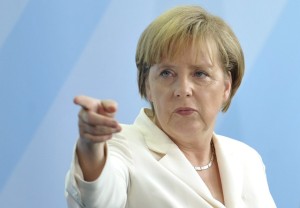A friend of mine posted this on Facebook, so I thought I would share it here.
This message comes to us from the 45th president of the United States, Donald John Trump. They just make you want to stand up and cheer … don’t they? Well, no!
- President Abraham Lincoln stirred us in 1865 at his second presidential inaugural when he declared “with malice toward none and charity for all” he would seek to heal the wounds inflicted by the Civil War.
- President Franklin Delano Roosevelt became president and in 1933 told us during the Great Depression that “the only thing we have to fear is … fear itself.”
- President John F. Kennedy stood before the nation in 1961 and implored us to serve our country, that we should “ask not what our country can do for us but what we can do for our country.”
- President Ronald Reagan stood at the Berlin Wall in 1987 and demanded that Soviet leader Mikhail Gorbachev, if he intended to work toward creating a better world, to “tear down this wall.”
This president has reduced such soaring rhetoric to utter nonsense such as what he said this week about whether testing for the COVID-19 virus was helpful in stemming the rate of infection by the worldwide pandemic.
Yep, this is what we got when we elected this clown.
I am shaking my head in disgust.


